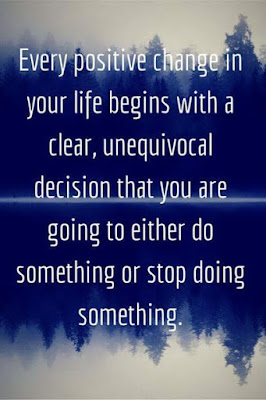Spirituality and Childhood Abuse

Spirituality and Childhood Abuse Children have few protections. Cognitive development and the ability to think critically comes with neuron growth (provided that is not inhibited by abuse and/or neglect) starting around 11 years old with some variation based on individual environment and genetics. This means that before this neuron growth, children have no mental capability that could help them either understand abuse or protect themselves. Abuse is experienced directly as “I must be bad” “There is something wrong with me” and “I am not worth loving.” Because there are no cognitive filters, these beliefs become imprinted as “truth” especially if the abuse happens in the pre-verbal years. Abuse that happens in the pre-cognitive years can rarely be treated successfully with cognitive therapies as the experiences happened before brain development necessary to address issues cognitively. Spiritual, energetic and body therapies are needed in addition to talk therapy. What d


